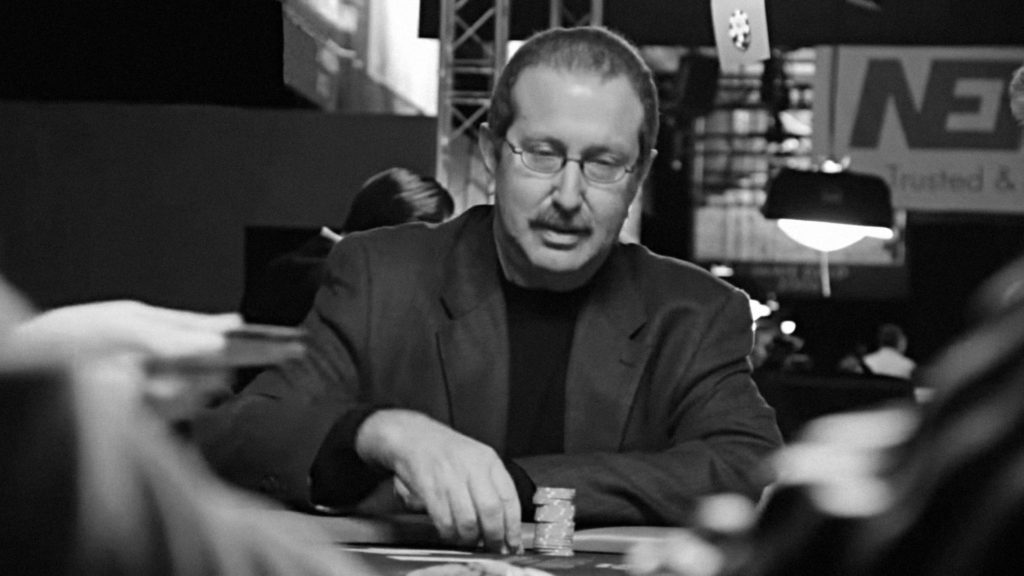“Well, folks, that’s the greatest open in the history of television, bar none… We’re still here. We are still, as [far as] we can tell, on the air and I guess you are hearing us even though we have no picture and no return audio. And we will be back, we hope, from San Francisco in just a moment.”
—Al Michaels, after ABC lost power during the World Series pregame last Tuesday night.
Al Michaels knew immediately, “I was positive we were going down,” he said yesterday. “I thought we were going down to the lower deck.”
Michaels, a 20-year resident of California, was sitting next to his ABC Sports colleagues, Jim Palmer and Tim McCarver, who was detailing a couple of key plays from Game 1. Suddenly, they felt a sense of going backward in the broadcast booth at Candlestick Park.
“I think Al grabbed my left knee,” McCarver told the Los Angeles Times. “I kept talking. I tried to keep my composure. I presumed we were still on the air. Al and [producer Curt Gowdy Jr.] both said, ‘Earthquake,’ about the same time. Al said, ‘Talk about a great opening. We opened with a bang.’ … Of course, none of this went out on the air, but we didn’t know that at the time.”
“Tim told me later that I squeezed the blood out of his leg,” Michaels said. “I don’t remember that at all. As this is happening, what I’m thinking is— I was still the anchor of the World Series and here I was; I had to remain in control. I couldn’t throw the mike up in the air. It might be somewhat similar to the feeling the captain of a ship has that’s going down.”
For a while, ABC viewers watched episodes of “Roseanne” and “The Wonder Years.” Then ABC regained power in the Bay area, and ABC Washington anchor Ted Koppel began a long night of live reports, frequently going to Michaels for his expertise on the Northern California area.
“You’re a trained animal, basically,” Michaels said. “I’m a trained journalist, and I’m trained in geography, fortunately. The reporter’s instinct in you takes over.”
Michaels and almost all of the ABC Sports staff made their way to the network’s production trucks, outside Candlestick Park on the outfield side of third base. Even hours after the quake hit, Michaels, while delivering smooth, measured reports on the situation, looked a little shaken on the air.
“Sure I was shook, very much so,” he said. “When I saw the Bay Bridge section having collapsed, that was for anyone in this area the shot that told it all. That clearly made me understand the magnitude of this thing…. Thank God this wasn’t 40 or 50 miles closer or you would have a catastrophe beyond imagination.”
As ABC’s aerial cameras continued to show devastating shots of a neighborhood fire, collapsing buildings and highway and bridge destruction, Michaels remained a steady guide. The raging inferno in the Marina district became a prime-time symbol of the unfolding tragedy. And Michaels found himself as drained emotionally as he ever had been.
He stayed at the ABC facilities until past 4:30 a.m. PDT. “Then I came back to the city at 5:15. Went up to my room. Cried. I just kept thinking about this city. I love this area. The destruction just took a hold of me. People dying on a collapsed freeway, never getting home…. I tried to get to sleep. Slept for maybe 45 minutes. Woke up at 7.”
When he went out, he saw a San Francisco with no electricity, a lot of rubble and long lines at the few stores open.
“It was eerie, very eerie,” Gowdy said of driving back to the city in the twilight. “It was almost like a scene from the movie ‘The Day The Earth Stood Still.’”
But the World Series will not stand still. It likely will resume Tuesday, and Michaels will resume the seemingly small task of calling balls and strikes.
“Baseball means zippo. Zippo,” he repeated. “You go through this and…” He searched for a word and came up empty. “Nobody can understand what took place out here.
“Zippo,” he said again.
But he realized that when “play ball!” was shouted next, he’d be play-calling.
“I’ve experienced the full expanse now in this business—the ultimate euphoria at Lake Placid [when he called the U.S. hockey team’s upset of the Soviet Union in the 1980 Winter Olympics] and the near-ultimate disaster here,” Michaels said. “You just roll with it.
“You just do it. I suppose my feeling will be: They’re going to play it and I’m going to report it. It’s what I do.”


